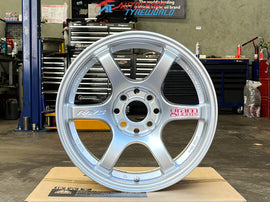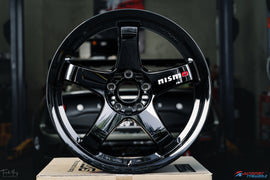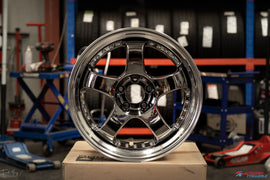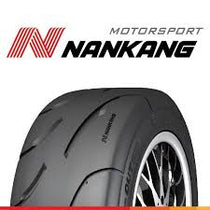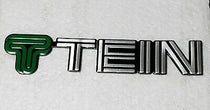When You Shouldn’t Use Synthetic Oil
While synthetic oil offers many advantages, there are certain situations where it may not be necessary or suitable for your vehicle.
1. Older Vehicles
Older cars with high mileage or worn engine seals can sometimes develop oil leaks after switching to synthetic oil. The smaller molecules in synthetic oil may seep through existing gaps. In such cases, it’s safer to stick with conventional oil or consult a trusted mechanic before making the switch.
2. Manufacturer’s Recommendations
Always follow your vehicle manufacturer’s recommendations for oil type and viscosity. If the owner’s manual specifies conventional oil, it’s best to stick with it. Some engines are designed to work with specific oil properties that synthetic oils might not fully match.
3. Normal Driving Conditions
If you mostly drive in mild weather, on short commutes, and under normal conditions without heavy loads or extreme temperatures, conventional oil can perform just fine. Synthetic oil provides the most benefit in high-performance engines or under extreme conditions.
4. Budget Considerations
Synthetic oil costs more than conventional oil. If you’re on a tight budget and prefer changing your oil more frequently, conventional oil can be a more cost-effective option without sacrificing reliability for everyday driving.
5. Short-Term Vehicle Ownership
If you plan to sell or trade in your car soon and won’t reach the next scheduled oil change, using synthetic oil may not be worth the extra cost. Conventional oil will still offer adequate protection during your remaining ownership period.
FAQs
What oil is best for older engines?
-
Oils designed for older engines often contain additives that condition seals and reduce oil consumption.
-
Thicker oils (higher viscosity) can help since older engines usually have more internal wear and larger clearances between parts.
-
Synthetic blend or full synthetic oils can also be great choices — they resist breakdown and sludge buildup better than conventional oils, offering extra protection under high temperatures and stress.
Is it OK to switch from regular oil to synthetic?
Yes — in most cases, switching is perfectly safe and even recommended for some models. However, older engines may not always be compatible. Before switching, ensure the engine is clean — you can use an engine flush or oil system cleaner to remove sludge or deposits. After switching, monitor for leaks to ensure everything is properly sealed.

